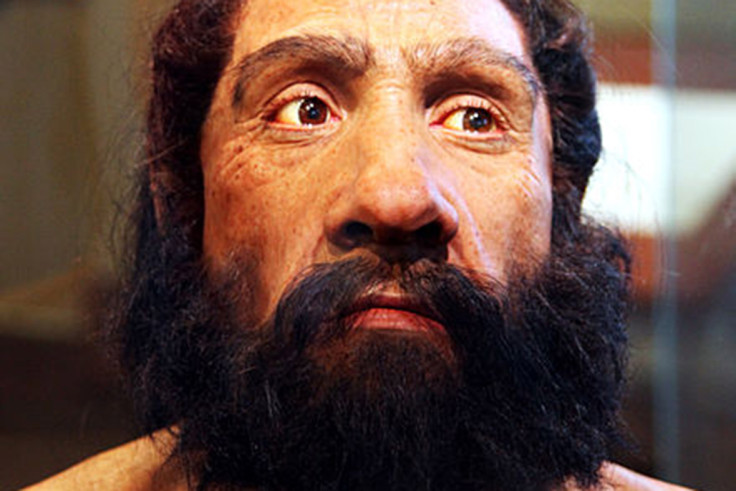Neanderthals killed off by diseases carried by humans coming out of Africa

Neanderthal extinction may have been the result (at least in part) of them getting infected by diseases being carried by early humans leaving Africa. Because both species were hominin, researchers from the universities of Cambridge and Oxford Brookes argue that it would have been easy for pathogens to spread between populations – and this would have weakened Neanderthals, possibly acting as a catalyst for their eventual disappearance.
Neanderthals went extinct in Europe around 40,000 years ago. It is thought they lived alongside humans for thousands of years before this, although exact dates are not known.
In their study, published in the American Journal of Physical Anthropology, scientists note that diseases have been evolving with humans and our ancestors for millions of years.
It is widely thought many infectious diseases emerged with the onset of agriculture, with co-habitation with livestock providing ample opportunity for disease to spread.
However, they reviewed evidence from pathogen genomes and DNA to show some infectious diseases are likely thousands of years older than previously thought. Findings showed many diseases thought to have transferred from animals to humans had been passed to livestock by humans in the first place.
Catastrophic pathogens
While there is no evidence to show infectious disease transmission between humans and Neanderthals, there evidence of diseases being spread between humans and other hominin species. It has also long been known the Neanderthals and humans interbred when the latter first arrived in Europe, so it would make sense to think they could pass on diseases during these encounters.
Diseases that could have been transmitted to Neanderthals include herpes, stomach ulcers and tapeworm. All of these would have weakened the Neanderthals, making them less fit and, as a result, less able to find food.
Study author Charlotte Houldcroft said: "Humans migrating out of Africa would have been a significant reservoir of tropical disease. For the Neanderthal population of Eurasia, adapted to that geographical infectious disease environment, exposure to new pathogens carried out of Africa may have been catastrophic."
Many theories of what caused the Neanderthals to go extinct have been proposed. Some researchers believe humans out-competed Neanderthals for resources, while others say an inability to adapt to climate change caused their demise.
The researchers argue that the spread of infectious diseases among Neanderthals likely played a role in the species' extinction: "It is probable that a combination of factors caused the demise of Neanderthals and the evidence is building that spread of disease was an important one," Houldcroft said.
© Copyright IBTimes 2025. All rights reserved.





















